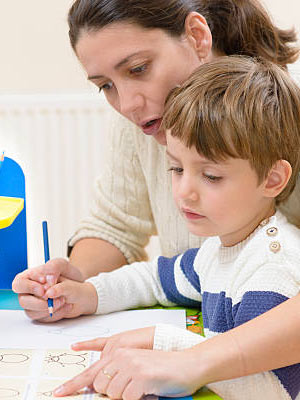- +91 7680015156
- advaithacdc@gmail.com
Specific learning
- Home
- Services
- Specific learning
In the fascinating journey of child development, specific learning plays a crucial role in shaping young minds. Understanding and fostering specific learning skills in children is essential for their academic success and overall cognitive growth. In this article, we will explore what specific learning entails, why it is important, and how parents and educators can support and enhance these skills in children.
What is Specific Learning?
Specific learning refers to the acquisition of particular skills or knowledge in a focused area. In the context of child development, it involves the mastery of specific abilities such as reading, writing, mathematics, and other academic skills. Each child has a unique learning style, and recognizing and catering to these individual differences is crucial for effective education.
The Importance of Specific Learning in Child Development
Academic Success
Specific learning is directly linked to academic success. Mastering reading and mathematical skills, for example, provides a strong foundation for future learning. Children who develop specific learning skills early on are better equipped to tackle more complex subjects as they progress through their education.

Boosting Confidence
Success in specific learning tasks boosts a child's confidence. When a child excels in a particular subject or skill, it instills a sense of accomplishment and encourages a positive attitude towards learning in general.
Enhancing Critical Thinking
Specific learning involves not only rote memorization but also the development of critical thinking skills. Whether it's solving a math problem or analyzing a piece of literature, children learn to think critically, apply knowledge, and make informed decisions.
Supporting Specific Learning in Children
Identify Individual Learning Styles
Every child learns differently. Some are visual learners, while others may be auditory or kinesthetic learners. Observing and identifying a child's learning style can help tailor educational activities to match their preferences, making learning more effective and enjoyable.
Use Interactive and Engaging Methods
Incorporate interactive and engaging activities into the learning process. Educational games, hands-on experiments, and real-life applications of concepts can make specific learning more interesting and memorable for children.
Provide a Supportive Environment
Create a supportive environment where children feel comfortable taking risks and making mistakes. Encourage questions and exploration, fostering a positive attitude towards learning.
Individualized Learning Plans
In educational settings, consider implementing individualized learning plans that cater to each child's specific learning needs. This may involve additional support for areas where a child struggles or providing more challenging material for areas where they excel.
specific learning is a key aspect of child development that lays the foundation for academic success, boosts confidence, and enhances critical thinking skills. Recognizing and embracing the individual learning styles of children is crucial for effective education. By fostering a supportive environment, incorporating interactive methods, and implementing individualized learning plans, parents and educators can play a vital role in unlocking the full potential of specific learning in children. As we invest in these foundational skills, we empower the next generation with the tools they need to navigate the complexities of an ever-evolving world.

